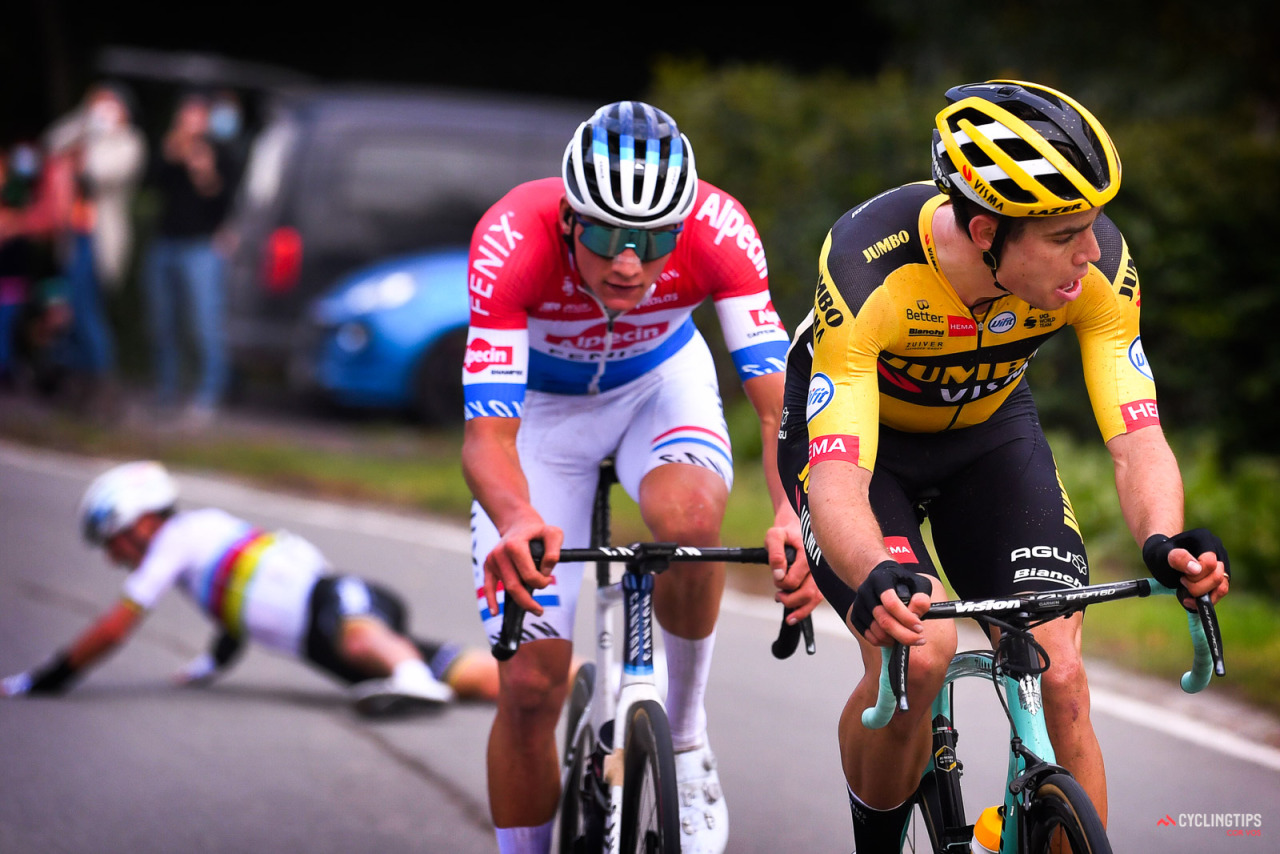Formula 1: Examining The Careers Of Drivers Past 40

Table of Contents
The Physical and Mental Demands of F1 Racing at an Older Age
The sheer physical and mental demands of Formula 1 racing are immense, even for younger drivers. For those competing past 40, the challenges are amplified. Maintaining peak performance requires a dedicated and rigorous approach.
Physical Fitness Regimen
- Specialized training: F1 drivers over 40 often employ specialized training programs focusing on strength, endurance, and flexibility. This includes targeted exercises to counteract the specific physical stresses of driving.
- Diet: Nutrition plays a crucial role, with drivers meticulously monitoring their intake to optimize energy levels and recovery. Hydration is also paramount, especially given the intense physical exertion during a race.
- Injury prevention: Preventing injuries becomes increasingly important with age. This involves proactive measures like physiotherapy, regular check-ups, and careful management of training intensity.
- Technology in performance monitoring: Wearable technology and data analysis are used to track vital signs, sleep patterns, and training effectiveness, allowing for adjustments to optimize performance and recovery.
Cognitive Skills and Experience
While physical prowess is essential, cognitive skills and experience become even more critical as drivers age. Experience often compensates for any age-related physical decline.
- Racecraft: Years of experience translate into refined racecraft, allowing drivers to make better judgments about car placement, overtaking maneuvers, and defensive driving.
- Strategic thinking: Older drivers possess a deeper understanding of race strategy, enabling them to make informed decisions about tire management, fuel conservation, and pit stop strategies.
- Pressure management: The ability to handle the immense pressure of Formula 1 competition is honed over time. Experienced drivers often exhibit greater composure under pressure.
- Team communication: Effective communication with the team is crucial. Older drivers, having worked with various teams, often possess superior communication skills.
Examples of Drivers who excelled past 40
Several legendary drivers have showcased remarkable performance past the age of 40. Alain Prost, for instance, secured his fourth World Championship at 38. Nigel Mansell continued to compete at a high level into his 40s, proving that experience and determination can overcome age-related physical limitations. These drivers provide compelling evidence that age is not necessarily a barrier to success in Formula 1.
The Impact of Experience and Mentorship on Performance
The wealth of experience accumulated by F1 drivers over 40 is an invaluable asset, both for their individual performance and the team's overall success.
Strategic Advantage
- Understanding tire degradation: Years of experience provide a deep understanding of tire behavior, allowing older drivers to optimize tire management strategies throughout the race.
- Race management: Experienced drivers excel at managing races, adapting their driving style to changing track conditions and competition.
- Qualifying performance: While younger drivers may have a slight edge in qualifying laps, experience plays a role in maximizing performance within the constraints of the car's setup.
- Adapting to changing conditions: Experience enables drivers to anticipate and adapt more effectively to changing weather conditions or unexpected events during a race.
Team Leadership and Mentoring
Older drivers often play a crucial role in mentoring younger teammates, contributing significantly to the team's dynamic.
- Guiding younger teammates: Their expertise provides invaluable guidance to less experienced drivers, aiding their development and contributing to the overall team performance.
- Contributing to team strategy: Older drivers offer valuable insights during strategic planning sessions, benefiting from their extensive experience and understanding of race dynamics.
- Influencing team morale: Their leadership and experience often contribute positively to the team's overall morale and cohesion.
Case Studies
Numerous examples highlight the positive impact of experienced drivers on their teams. Their ability to provide crucial feedback, manage pressure, and mentor younger drivers often contributes to championships. Analyzing these case studies reveals the significant value of experience in Formula 1.
Challenges Faced by Older F1 Drivers
While experience offers advantages, older F1 drivers face unique challenges.
Physical Limitations
- Increased recovery time: The body's recovery time from the intense physical demands of racing increases with age.
- Vulnerability to injuries: Older drivers may be more susceptible to injuries due to decreased muscle elasticity and bone density.
- Potential for reduced reaction time: Although often compensated by experience, there might be a slight reduction in reaction time compared to younger drivers.
Competition from Younger Drivers
The intense competition from younger drivers, often possessing superior physical capabilities, presents a significant challenge.
- Dealing with pressure: Maintaining motivation and performance amidst this intense competition requires exceptional mental fortitude.
- Adapting to new technologies: The constantly evolving technology in F1 necessitates continuous learning and adaptation, which can be more demanding with age.
- Maintaining motivation: The relentless pressure and demanding schedule can impact motivation, particularly as a driver ages.
Contract Negotiations and Team Dynamics
Securing contracts and integrating into a team largely comprised of younger drivers can also pose challenges.
- Ageism in the sport: While decreasing, a subtle bias against older drivers may exist in some team environments.
- Salary expectations: Negotiating contracts that reflect experience while remaining competitive within the team's budget can be complex.
- Team dynamics: Integrating smoothly into a team predominantly comprised of younger drivers requires effective communication and a willingness to adapt to different working styles.
The Future of Older Drivers in Formula 1
Several factors could influence the future role of older drivers in Formula 1.
Technological Advancements
- Ergonomic improvements in car design: Advancements in car design focused on driver comfort and ergonomics could reduce the physical strain on older drivers.
- Driver assistance systems: Technological aids could mitigate some age-related physical limitations, such as improved braking systems or steering assistance.
- Personalized training programs: Advanced training methodologies tailored to individual needs could help maintain peak physical condition for older drivers.
Changing Team Dynamics
- Shifting team dynamics: Teams may increasingly value the experience and leadership qualities of older drivers, leading to a greater presence of seasoned racers.
- The need for experienced leadership: The complexities of modern F1 necessitate skilled leadership, and older drivers are often better equipped to provide this.
- Changing driver contracts: Contract structures might evolve to accommodate the unique needs and experience of older, highly skilled drivers.
Beyond the Numbers: The Enduring Legacy of F1 Drivers Past 40
This article has explored the multifaceted world of Formula 1 drivers past 40, highlighting the physical and mental demands, the impact of experience, the challenges faced, and the future possibilities. We've seen that while age brings physical limitations, experience and mental fortitude often compensate, and technological advancements are constantly emerging to mitigate age-related challenges. The enduring legacy of these drivers lies not only in their on-track accomplishments but also in their influence on team dynamics and the mentorship of younger generations. Age doesn't always correlate with declining performance; many successful F1 drivers prove that experience and skill are invaluable assets.
Who do you think is the greatest Formula 1 driver to compete successfully past the age of 40? Share your thoughts and favorite examples of F1 drivers past 40 in the comments below!

Featured Posts
-
 Gde Zive Najbogatiji Penzioneri Na Svetu
May 26, 2025
Gde Zive Najbogatiji Penzioneri Na Svetu
May 26, 2025 -
 Formula 1 Legends After 40 Successes And Failures
May 26, 2025
Formula 1 Legends After 40 Successes And Failures
May 26, 2025 -
 Ardisson Et Baffie Conflits Et Tensions Reveles
May 26, 2025
Ardisson Et Baffie Conflits Et Tensions Reveles
May 26, 2025 -
 Tadej Pogacars Second Tour Of Flanders Victory Denying Van Der Poel A Record
May 26, 2025
Tadej Pogacars Second Tour Of Flanders Victory Denying Van Der Poel A Record
May 26, 2025 -
 Atletico Madrid Zorlu Maclarda Geriden Gelip Kazanmak
May 26, 2025
Atletico Madrid Zorlu Maclarda Geriden Gelip Kazanmak
May 26, 2025
